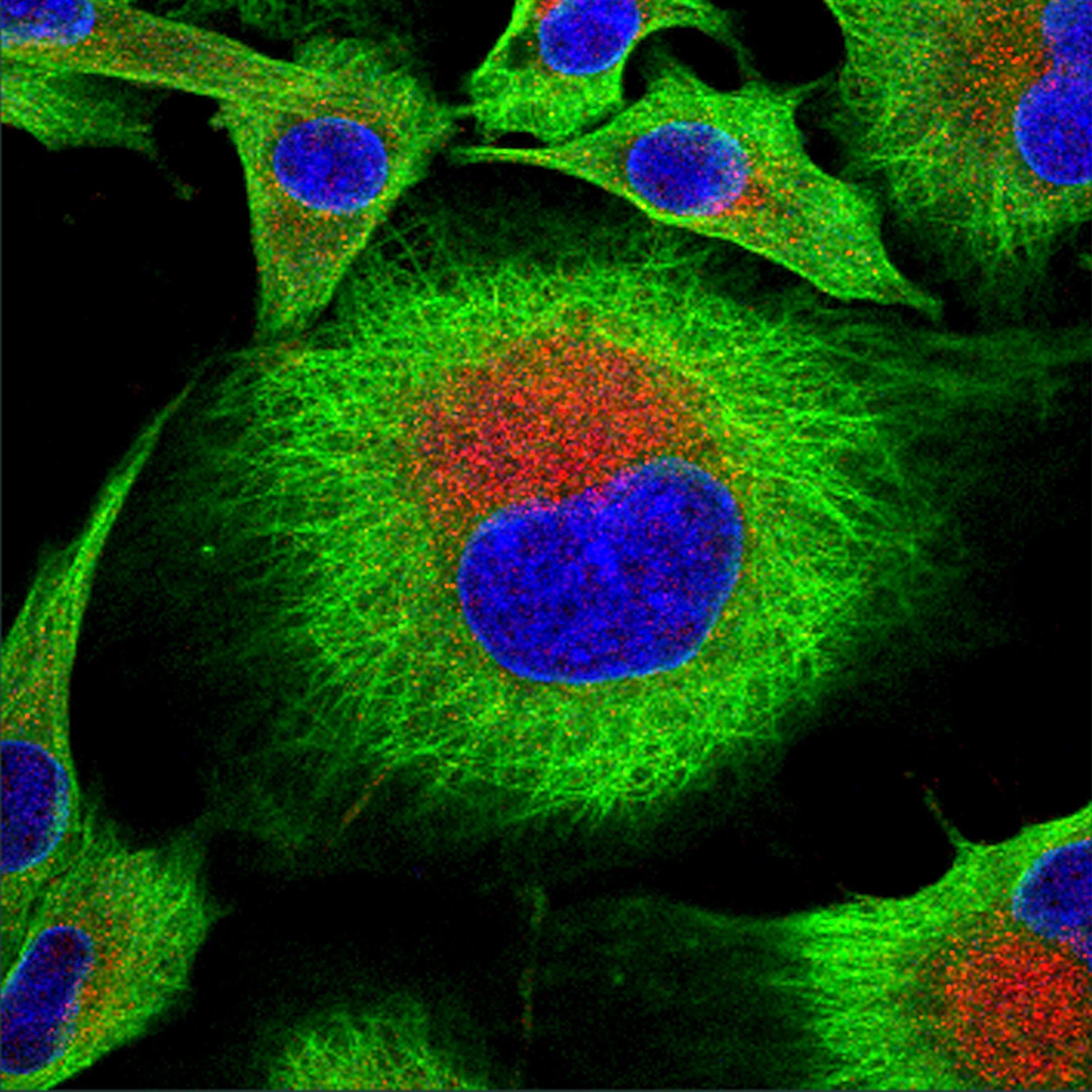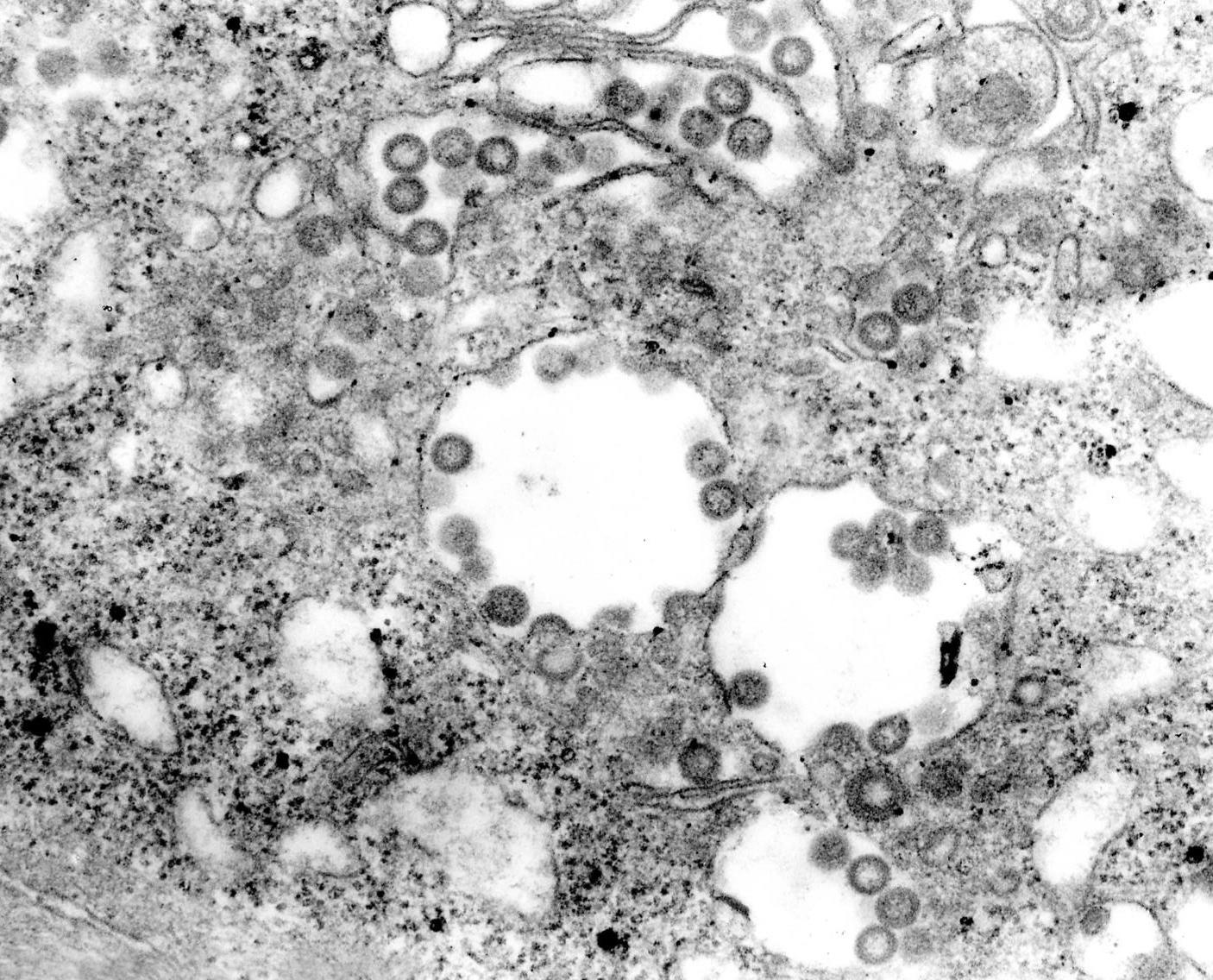Safety and efficacy of ChAdOx1 RVF vaccine against Rift Valley fever in pregnant sheep and goats
Rift Valley fever virus (RVFV) is a zoonotic mosquito-borne virus that was first discovered in Kenya in 1930 and has since spread to become endemic in much of Africa and the Arabian Peninsula. Rift Valley fever (RVF) causes recurrent outbreaks of febrile illness associated with high levels of mortality and poor outcomes during pregnancy—including foetal malformations, spontaneous abortion and stillbirths—in livestock, and associated with miscarriage in humans. No vaccines are available for human use and those licensed for veterinary use have potential drawbacks, including residual virulence that may contraindicate their use in pregnancy. To address this gap, we previously developed a simian adenovirus vectored vaccine, ChAdOx1 RVF, that encodes RVFV envelope glycoproteins. ChAdOx1 RVF is fully protective against RVF in non-pregnant livestock and is also under development for human use. Here, we now demonstrate that when administered to pregnant sheep and goats, ChAdOx1 RVF is safe, elicits high titre RVFV neutralizing antibody, and provides protection against viraemia and foetal loss, although this protection is not as robust for the goats. In addition, we provide a description of RVFV challenge in pregnant goats and contrast this to the pathology observed in pregnant sheep. Together, our data further support the ongoing development of ChAdOx1 RVF vaccine for use in livestock and humans.

